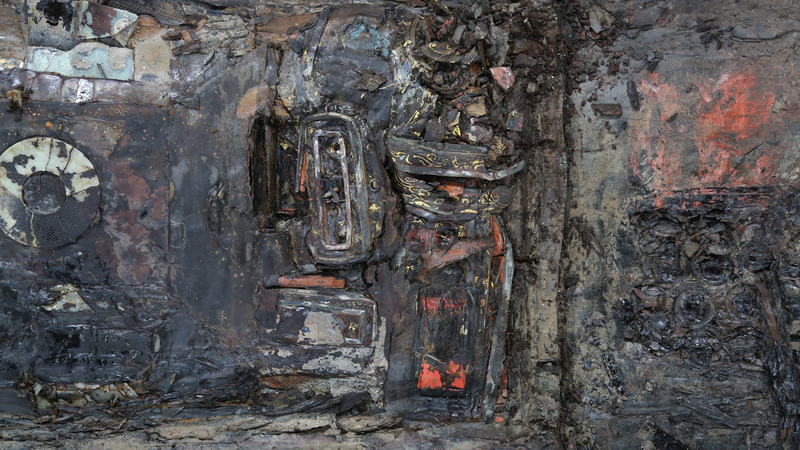More than two millennia ago, healers in the Western Han Dynasty were refining their craft to an astonishing degree of precision—as evidenced by a groundbreaking find in the Chinese mainland.
During excavations at the Haihun Marquis Tomb, located in what is now Jiangxi province in the Chinese mainland, archaeologists unearthed a jade tube containing ultra-fine steel needles measuring just 0.3 to 0.5 millimeters in diameter. Forged from crucible steel through a decarburized wrought-iron process, these needles showcase the advanced metallurgical expertise of ancient craftsmen.
- Needle diameter: 0.3–0.5 mm
- Material: Crucible steel, decarburized wrought-iron
- Date: Western Han Dynasty (206 BC–9 AD)
- Location: Haihun Marquis Tomb, Jiangxi province
These are the earliest known physical examples of steel acupuncture needles that closely match modern clinical standards. Buried alongside medicine spoons, the set points to a sophisticated medical kit intended for therapeutic acupuncture, marking a shift from empirical healing to precise treatment.
Innovators, entrepreneurs, and medical historians alike can draw inspiration from this find. It highlights how technological breakthroughs can emerge from unexpected quarters—even 2,000 years ago—and underscores the enduring quest to blend science and wellness.
What lessons can today’s changemakers learn from these ancient pioneers? Join the conversation and share your thoughts below.
Reference(s):
Earliest known steel acupuncture needles found in Haihun Marquis Tomb
cgtn.com




